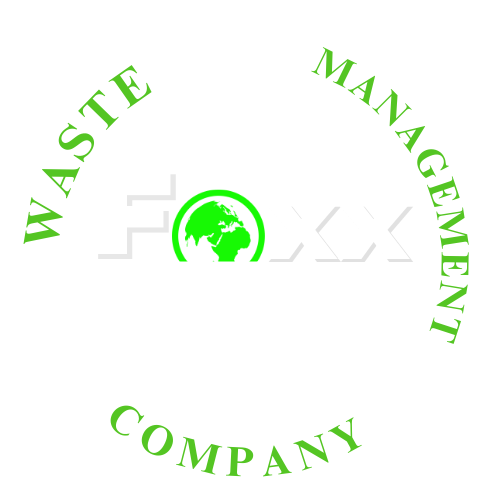


Foxx
Addressing the E-Waste Crisis:
The Importance of Extended Producer
Responsibility (EPR)
Introduction
In today’s digital landscape, electronic devices have become indispensable, influencing our communication, work, and entertainment. From smartphones and laptops to televisions and home appliances, these advancements have revolutionized modern life. However, this rapid technological progress has a downside: the alarming increase in electronic waste, or e-waste. To address this escalating challenge, Extended Producer Responsibility (EPR) has emerged as a vital regulatory mechanism. This article explores the role of EPR in tackling the e-waste crisis and highlights its significance in fostering a sustainable future.
The E-Waste Crisis
E-waste consists of discarded electronic devices, components, and accessories, many of which contain toxic substances like lead, mercury, and cadmium. With technology advancing at a breakneck pace, the lifespan of electronic products has shortened, leading to a surge in e-waste generation. Improper disposal of e-waste results in severe environmental pollution, poses risks to public health, and depletes valuable resources.
Understanding Extended Producer Responsibility (EPR)
Extended Producer Responsibility (EPR) is a regulatory framework that places the onus on manufacturers to manage the entire lifecycle of their products, including their post-consumer stage. This concept, rooted in waste management, has gained traction as an effective solution to address the growing e-waste problem. Under EPR, the responsibility of managing discarded electronics is transferred from consumers and local authorities to the producers themselves. This approach not only encourages manufacturers to design environmentally friendly products but also ensures the establishment of efficient collection and recycling systems.
Our Strengths

Environmental Conservation
By encouraging eco-friendly design and responsible disposal, EPR reduces the amount of e-waste that ends up in landfills or is incinerated, thus minimizing soil, water, and air pollution

Resource Recovery
EPR promotes the recovery of valuable materials from discarded electronics, such as precious metals and rare earth elements, reducing the need for raw material extraction.

Job Creation
The establishment of collection centers and recycling facilities creates new employment opportunities in the waste management and recycling sectors.

Reduced Health Risks
E-waste often contains toxic substances that can harm human health if not properly managed. EPR reduces the exposure of both workers in the recycling industry and the general population to these hazardous materials.
Global Implementation of EPR
EPR is a policy approach aimed at making manufacturers responsible for the entire lifecycle of their products, including their post-consumer stage. The concept originated in the field of waste management and has gained prominence as a tool to address the challenges posed by e-waste. EPR shifts the burden of managing e-waste from local governments and consumers to the producers, encouraging them to design products with environmental considerations in mind and establish mechanisms for collecting and recycling discarded products.
Conclusion
As the world continues to embrace technological innovation, the challenge of e-waste cannot be ignored. Extended Producer Responsibility (EPR) offers a holistic solution by making manufacturers accountable for the entire lifecycle of their products. This approach not only benefits the environment and public health but also promotes resource efficiency and sustainable economic growth. To create a more sustainable future, it is imperative that governments, manufacturers, and consumers collaborate to ensure the successful implementation of EPR policies on a global scale.
